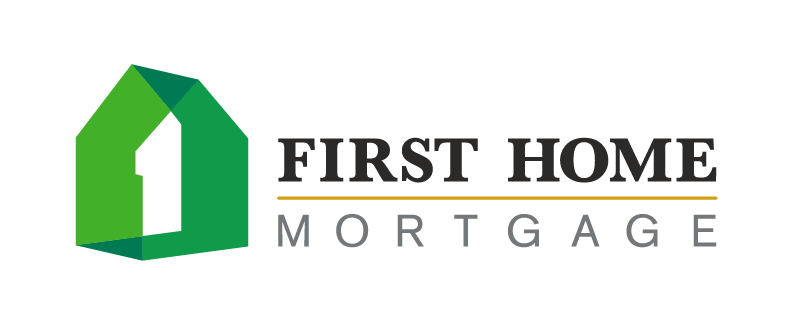Having your financing squared away when you start looking for a home puts you in a stronger position for negotiation. Still, many home buyers are confused by the terms pre-qualification and pre-approval. While the terms sound similar, they aren’t the same thing. Understanding them will help you make the right choices in your search for financing on your homebuying journey, so you have the best possible bargaining power in your home search.
What Is Pre-Qualification?
Pre-qualification happens when you describe your credit and income situation to the lender, and they decide if you’re an acceptable risk or not. Because you are giving the information yourself, and the lender does not verify your income or credit score, this is not considered a guarantee. Pre-qualification means that if your information is accurate, the lender will approve your loan.
What Are the Benefits of Pre-Qualification?
Pre-qualification helps those buying a home for the first time because it lets them know what they might be approved to borrow. It can give an indication of financial readiness. It can also give buyers the chance to explore various financing options. However, it does not lend much in the way of bargaining power because it represents no guarantee.
What Is Mortgage Pre-Approval?
On the other hand, mortgage pre-approval occurs when the lender looks at your income proof and pulls your credit, then decides that you represent an acceptable risk and says yes, they will lend you the money. Pre-approval means you have satisfied the lender’s requirements and have proven that you are almost guaranteed to get financing. It is not a full guarantee because the lender will again look at all of these aspects before actually funding the loan, but it shows that you have good financial stability.
What Are the Benefits of Pre-Approval?
Pre-approval shows sellers that you’re serious and financially ready to buy a home. If you are in a competitive market, it can give you negotiating power over someone who is not preapproved. The drawback is that pre-approval requires a credit check, which can impact your credit score temporarily, so you need to get this only when you’re ready to move forward with the home purchase.
Pre-qualification is the first step in the process for most buyers, followed by pre-approval when they get closer to buying a home. If you’re ready to start the homebuying process, you can skip the pre-qualification and jump right into pre-approval. By understanding the difference between the two, you can have the right tool in your pocket to help you negotiate for your home purchase.


